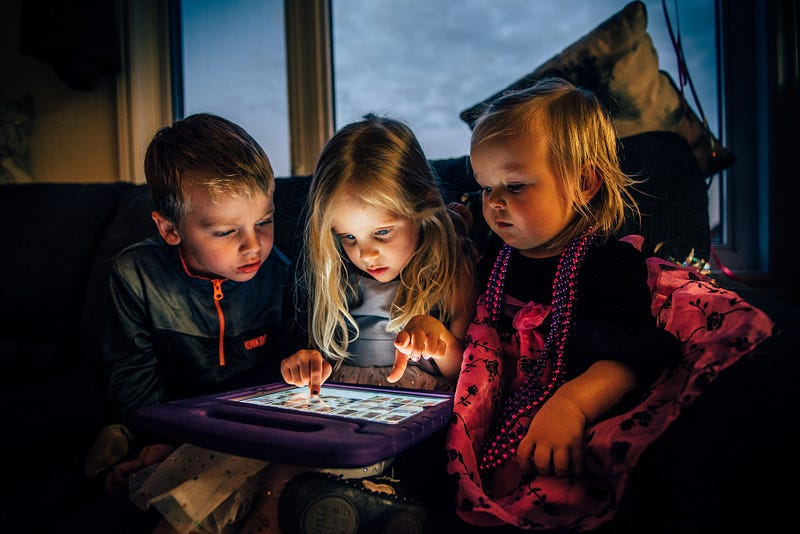How Online Dating Undermines Commitment in Modern Relationships
Written on
Understanding the Impact of Online Dating
Online dating presents a challenging landscape for many, and I can’t be the only one who finds it less than fulfilling. The attention economy has a powerful grip on our minds, distracting us and enticing us with the promise of fleeting dopamine boosts. Companies are becoming increasingly adept at creating addictive platforms that exploit our biological tendencies for profit. For instance, Instagram's environment fosters issues like eating disorders among teens, drawing them back into a toxic cycle.
But what about other areas of the internet?

Photo by Harrison Haines on Pexels
The Dark Side of Online Dating
Online dating can be detrimental. Unlike other writers, I share my insights from firsthand experience. My initial online date was a disastrous outing to Coney Island in 2001 with a man named Dan, whom I met on Nerve.com. Fast forward to 2019: after an evening out with Mark in the East Village, I received a text: “You know how I’ve got a friend from Montana crashing on my couch? It’s Dan.” Yes, that Dan.
The Cycle of Search
Searching online tends to transform individuals into maximizers: we seek the very best. The low costs of online searching mean that we can easily click away to find alternatives. In contrast, satisficers make decisions once they find a suitable option. Maximizers focus on the gap between what they have and what could be better, leading to a never-ending cycle of social comparison and dissatisfaction. This mindset often results in anxiety, leaving people with nice things that they fail to appreciate.
More choices can lead to feeling overwhelmed, hampering our ability to think clearly. Yet, the key to a lasting relationship boils down to one simple factor: the satisfaction and commitment levels of those involved. Unfortunately, the internet complicates this dynamic.
Investment Theory of Commitment
The investment theory of commitment outlines three critical factors that determine how deeply we engage with a partner:
- Our satisfaction (relative to our expectations)
- Sunken costs (what we would lose if we leave)
- The perceived quality of our alternatives.
Essentially, your likelihood to stay with Partner A is influenced by Partner A's value, Partner B's value, and the costs associated with switching partners. Even a decent date with someone else can feel less significant when you know there are numerous other options waiting in your inbox and minimal costs involved in moving on.

Photo by Dziana Hasanbekava
The Illusion of Perfection
Once a date is set, the reality of online interactions often becomes apparent: individuals rarely match their online personas. In person, we encounter imperfections, insecurities, and the reality of how much time has passed since those carefully curated photos were taken. While people may seem ideal at a superficial level, the truth is often far more complicated.
Online dating creates the illusion that a seemingly endless array of perfect matches is just a few taps away. Outsourcing relationships to the attention economy perpetuates a cycle that hinders commitment—the very foundation of a healthy long-term relationship.
It’s important to recognize that a relationship’s durability is not solely based on compatibility or shared interests. The key lies in finding someone whose level of commitment aligns with our own, who desires to be with us as much as we want to be with them.
Chapter 2: The Psychological Effects of Online Dating
In this chapter, we will explore the psychological implications of using dating apps and how they shape our expectations and experiences in relationships.
Is Dating Killing Commitment?
This video discusses the psychological effects of modern dating practices and how they influence our ability to commit.
Have Dating Apps Killed Romance?!
This video delves into the impact of dating applications on romantic relationships, questioning whether they have ultimately undermined traditional concepts of love and commitment.